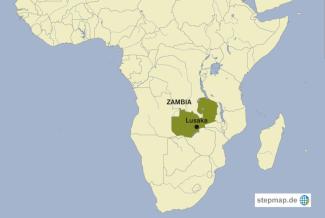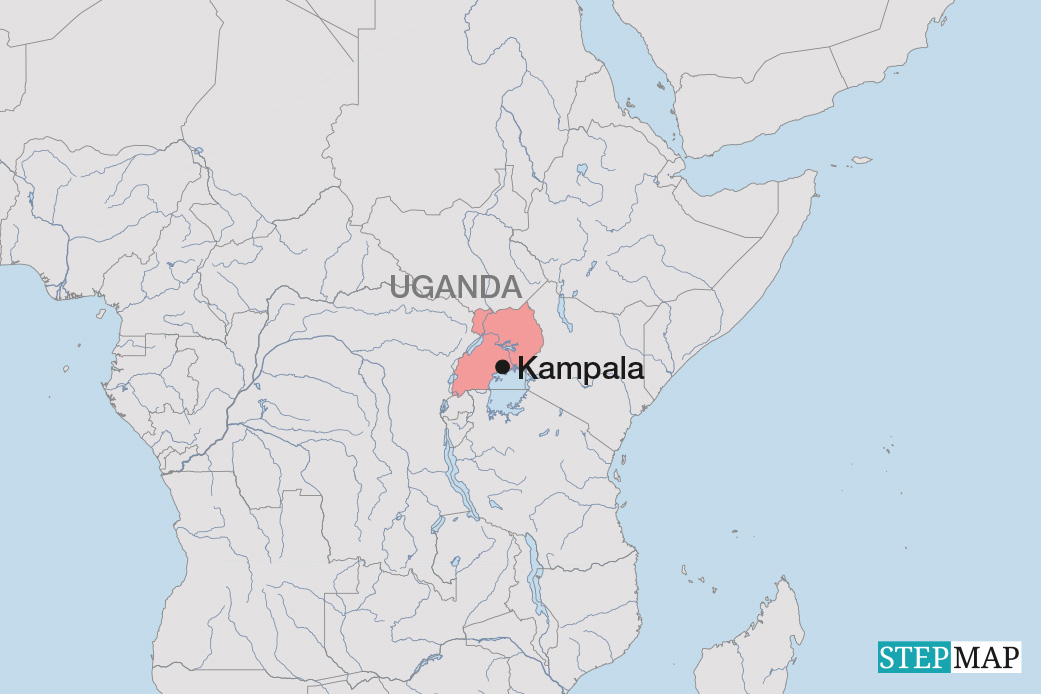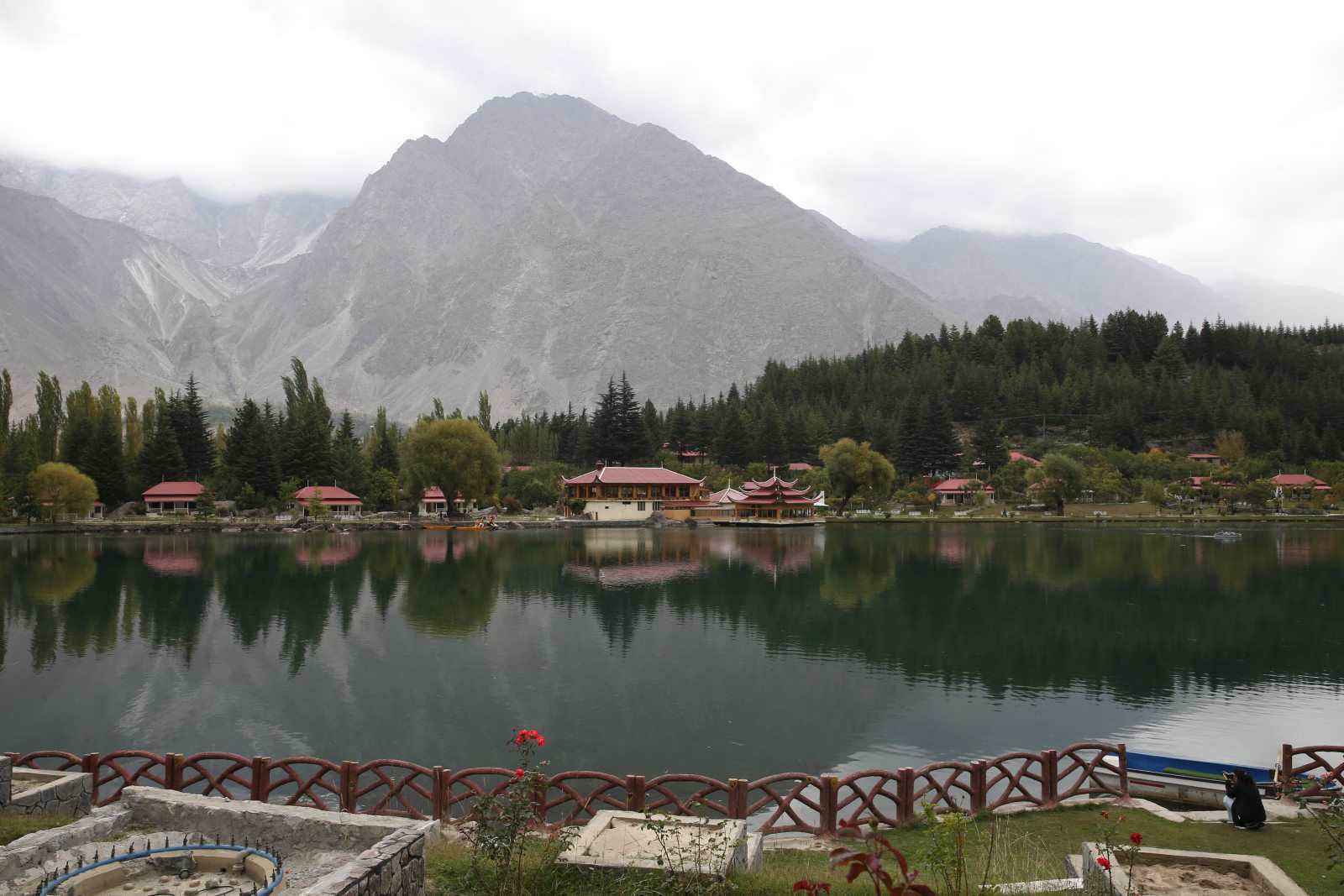Cobalt mining
Battery-powered growth

Batteries for electric vehicles are mainly produced in the Far East. But cobalt is indispensable in this manufacturing process. And unlike major cobalt producer Democratic Republic of Congo (DRC), Zambia has the capacity to refine cobalt on a large scale for use in battery manufacturing.
Producing and refining cobalt for electric vehicle batteries can become an important job-creator in Zambia, according to Mining for Zambia, an industry group. Citing research by Benchmark Mineral Intelligence, it says that global demand for cobalt has tripled since 2011 in the battery sector alone.
Further, it predicts that demand for cobalt will reach 190,000 metric tons by 2026 – a more than fourfold increase over 2017 levels. The price of cobalt has risen accordingly, from an average of $18 per pound in 2011 to over $30 by the end of 2017.
The main driver of demand for lithium-ion batteries is growing consumer interest in electric cars. “UNCTAD predicts that some 23 million electric vehicles will be sold over the coming decade,” says a June, 2020 United Nations report on the battery-manufacturing boom. “The market for rechargeable car batteries, currently estimated at $7 billion, is forecast to rise to $58 billion by 2024.”
The report adds that while two-thirds of all cobalt is produced in the DRC, cobalt refining mainly takes place elsewhere – in Belgium, China, Finland, Norway and Zambia. Investing in cobalt production would boost Zambia’s mining and manufacturing sectors. It might also provide an incentive to produce lithium-ion batteries in Africa by shortening supply lines between cobalt refineries and battery-making plants.
Africa currently does not produce electric vehicle batteries. Nor does the continent produce electric vehicles. Several Chinese, Japanese, US and European automakers have assembly plants in South Africa for traditional cars. South Africa is the only country in the region under consideration for investment in electric car assembly plants.
Advocates of adding electric-car assembly lines to existing factories in South Africa say this move would make sense in view of growth in demand for electric cars. They expect that demand will continue to grow in response to environmental restrictions on fossil-fuel burning cars and future dwindling of fossil fuel supplies.
Among the electric-car boosters is Kapembwa Simbao, a member of Zambia’s Parliament and an electrical engineer by training. “There has been a paradigm shift in the transport sector,” he says. “We are witnessing a shift from fossil, diesel and petrol driven vehicles to electric vehicles.” Global carmakers say the same. Toyota, for example, said in 2019 that it aims for half its global sales to be from electric vehicles by 2025.
Derrick Silimina is a freelance journalist based in Lusaka. He focuses on Zambian agriculture and sustainability issues.
derricksilimina@gmail.com














